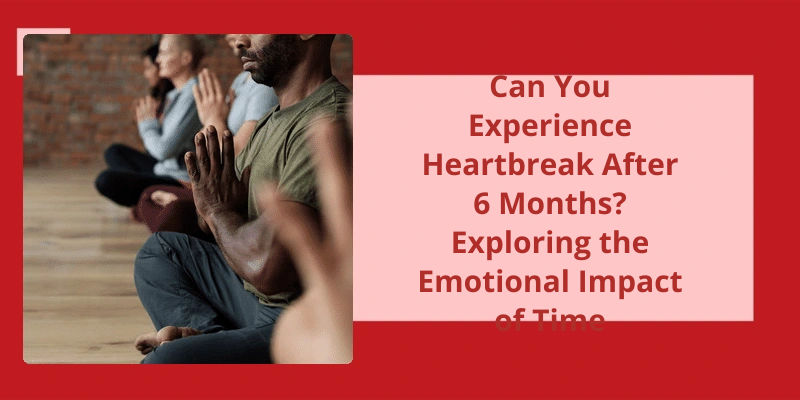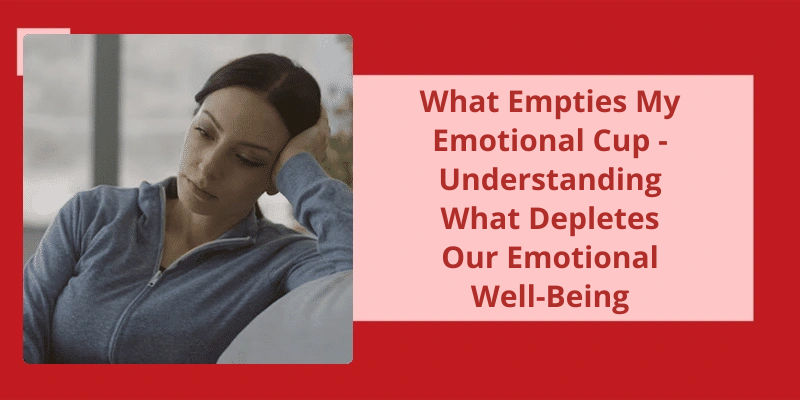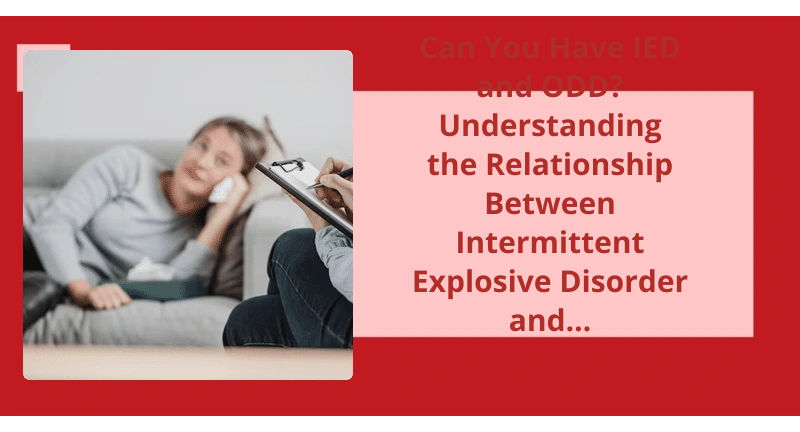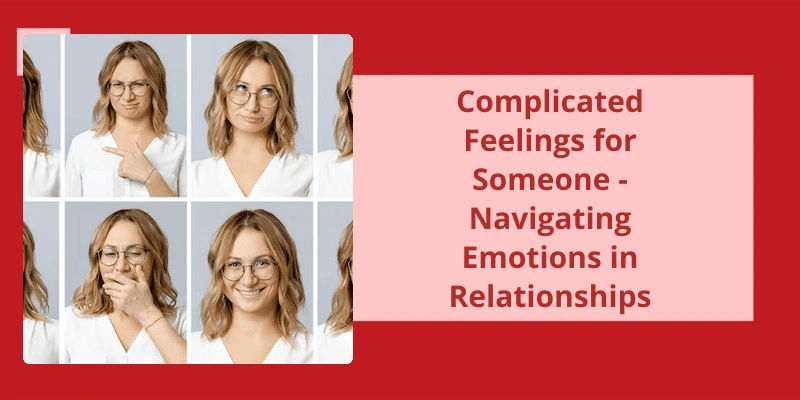The end of a relationship can be a difficult and emotional time for anyone, regardless of how long it lasted. Some people may carry the pain and heartbreak of a short-lived relationship for months or even years, while others may be able to move on quickly from a longer and more substantial partnership. The timelines and experiences of heartbreak are unique to each person, and there’s no right or wrong way to process the emotions that come with a breakup. Whether it's been six months or six years, dealing with heartbreak is a deeply personal journey that requires patience, self-care, and kindness.
How Long Is Too Long to Be Heartbroken?
It’s important to understand that there’s no set timetable for healing after a breakup. Every individual is different, and the length of time it takes to move on can depend on a variety of factors, including the length of the relationship, the intensity of the emotions involved, and the circumstances surrounding the breakup.
In some cases, people may feel heartbroken for just a few weeks, while others may struggle for months or even years. It’s important to remember that it’s normal to grieve after a relationship ends, and there’s no shame in seeking professional help if the pain becomes too overwhelming.
For those who’re struggling to move on, there are a variety of strategies that can be helpful. Engaging in self-care activities, such as exercise, meditation, or spending time with friends and family can be useful in managing emotions and promoting healing.
It’s also important to give oneself time to process emotions and thoughts, and not to rush into another relationship before one is truly ready. Every person deserves to take the time they need to heal, and rushing into another relationship too soon can often lead to further heartache and emotional turmoil.
Coping Mechanisms for Dealing With Heartbreak
Coping mechanisms for dealing with heartbreak refer to healthy ways individuals can cope with intense emotions, sadness, and grief after a romantic relationship ends. Some examples include speaking to a therapist, confiding in a friend or family member, journaling, practicing self-care, and engaging in healthy activities like exercise or hobbies. These mechanisms aim to help individuals process their emotions and move forward positively.
, we discussed the importance of communication in a relationship. Now, let’s delve deeper into the significance of a milestone that many couples reach around the six-month mark: what does it mean to be six months into a relationship?
What Is the Significance of a 6 Month Relationship?
Marked the six-month anniversary for many couples who started their relationships back in March, right before the world was turned upside down by the pandemic.
During the first six months of a relationship, couples experience a honeymoon phase where everything seems perfect and effortless. It’s a time when youre getting to know each other and learning about each others habits and quirks. As your connection deepens and your love grows stronger, you start to experience the inevitable challenges that come with any long-term partnership.
The six-month mark is significant because it’s usually when couples start to see each other more realistically. They start to notice each others flaws and become more comfortable expressing their opinions and concerns. If both parties can communicate effectively and work through their differences, they can build a more solid and enduring relationship.
Source: Six Months In A Relationship: What Does It Mean? – Stylecraze
Although emotional turbulence and heartache may be associated with adulthood, they aren’t entirely foreign to teenagers. Big emotions can hit hard at any age, and as a parent, it’s essential to acknowledge and support your child through these tough times. In particular, a 13-year-old may be navigating overwhelming feelings of rejection, despair, or sadness, making it crucial to provide a safe and supportive environment for them to express their emotions.
Can a 13 Year Old Be Heartbroken?
Adolescence is a tumultuous time that’s marked by a lot of changes. From the physical changes in the body to the emotional and mental shifts, teenagers are often overwhelmed by the pressures and stresses of growing up. One of the most significant challenges that many teenagers face is the heartbreak. While some might underestimate the depth of young love, or write it off as mere infatuation, the truth is that young people can experience profound emotional pain when their relationships end. Therefore, it’s entirely possible for a 13-year-old to be heartbroken.
Being heartbroken is a universal experience that spans across all ages and genders. It’s a pain that’s both physical and emotional. Depending on the specific circumstances, the intensity of heartbreak might differ. Still, the underlying feelings of sadness and longing remain the same. It’s natural for a young person to be scared, confused, and heartbroken when their first love comes to an end.
Sadly, many people dismiss the feelings of young teens, assuming that they’re too young to understand the complexities of romantic relationships. However, teenagers are capable of experiencing intense emotional pain, and it’s essential to validate their feelings and let them know that what theyre experiencing is normal. By allowing them to express their emotions, without judgment, parents can help their children heal and move forward.
It’s crucial to give your child space during this time, but at the same time, make sure that they know you’re there for them. Even if they don’t want to talk about their feelings, offer an empathetic ear and let them know that you support them. If your child is struggling to cope with their emotions, it’s important to seek professional help from a licensed therapist or counselor.
By recognizing their emotions, offering support, and providing them with the tools they need to cope, parents can help their children navigate the complexities of love and heartbreak. Remember that heartache is an individual experience, and each child may cope with it differently. Therefore, it’s vital to treat every childs feelings with compassion and respect and to make yourself available to them whenever they need you.
Coping Mechanisms for Teenagers Who Are Heartbroken
- Journaling
- Talking to a trusted friend or family member
- Participating in physical activities
- Practicing mindfulness and meditation
- Taking up a new hobby or activity
- Seeking therapy or counseling
- Volunteering or helping others
- Reading self-help books or articles
- Getting plenty of rest and self-care
Moving on from a breakup can be a difficult process, especially when it comes to rebound relationships. While some people may choose to jump into a new relationship immediately after a breakup, others may take time to heal and reflect before pursuing new connections. However, no matter the timeline, it’s important to approach rebound relationships with caution and care to ensure that you’re not simply using someone else as a convenient distraction from your own pain.
Can a Rebound Relationship Be Months After Breakup?
Rebound relationships are typically formed by people who’ve recently gone through a breakup and are looking for a way to move on. Whether or not a rebound relationship can happen months after a breakup depends on a number of factors. One of the most important factors is the emotional state of the person who’s rebounding. If they’re feeling emotionally stable and ready to move on, then they may be more likely to enter into another relationship relatively quickly.
They may need more time to heal and process their emotions before they feel ready to start something new. It’s important to remember that there’s no right or wrong timeline for rebounding after a breakup – everyones journey is different.
Even after the initial shock of a breakup wears off, it can still be difficult to move on from the relationship. This is where rebound relationships can come into play. They can offer a sense of comfort and familiarity during a time when everything else feels uncertain and overwhelming. However, it’s important to be cautious when entering into a rebound relationship. It’s easy to get caught up in the excitement of something new, but it’s important to make sure that youre not just using the other person as a band-aid for your own emotional wounds.
If youre in a good emotional state and you feel ready to move on, then it may be worth exploring a new connection. Just make sure that youre doing so in a healthy way and that youre not using the other person as a crutch. With time and patience, youll be able to heal from your previous relationship and move forward with confidence.
Signs That You May Be in a Rebound Relationship
- You got into the relationship right after a breakup
- You’re still emotionally attached to your ex
- You aren’t really into your new partner
- You’re using your new partner to make your ex jealous
- You don’t talk about your future together
- You compare your new partner to your ex
- You aren’t fully committed to the new relationship
- You don’t feel like yourself when you’re with your new partner
- You aren’t interested in meeting your new partner’s family or friends
- You feel like you’re settling for less than you deserve
However, moving on from heartbreak is easier said than done, and the effects of a breakup can linger for much longer than we anticipate.
Why Does Heartbreak Hurt for So Long?
When you fall in love, your brain releases neurotransmitters like dopamine, oxytocin, and serotonin that create feelings of happiness, warmth, and bonding. These chemicals flood your brain and body and make you feel like youre on top of the world. However, when a relationship ends, the sudden absence of these hormones can lead to intense feelings of sadness, loneliness, and despair. It’s not just an emotional response – your body is physically experiencing a withdrawal from these chemicals.
In addition to the physical withdrawal symptoms, heartbreak can also trigger a sense of loss of self-identity and purpose. When youre in a relationship, your partner often becomes a part of your daily routine and activities. The loss of that person can leave you feeling disoriented and unsure of how to navigate your life without them. This can be particularly challenging if youve invested a lot of time and energy into the relationship, making it difficult to let go of the hopes and dreams you’d for the future.
Moreover, societal norms and expectations can add additional pressure to the experience of heartbreak. Theres a stigma surrounding the aftermath of a breakup that can cause people to feel ashamed or embarrassed about their feelings. They may feel like theyre supposed to “move on” quickly or not dwell on the past, which can undermine the healing process and prolong the pain. Additionally, if the relationship was particularly public or involved mutual friends and acquaintances, navigating the aftermath can be especially challenging and isolating.
Overall, the experience of heartbreak can be a complex and multifaceted one. However, with time, self-care, and the support of loved ones, it’s possible to heal and move on from the pain.
Conclusion
The human heart is a complex and unpredictable entity. It isn’t bound by time or logic, and the emotions it generates can linger on for months, sometimes even years, after a relationship has ended. As demonstrated by the experiences of different individuals, heartbreak isn’t subjective to the length of the relationship, nor is it a measure of the depth of love shared between two people. It’s an intense and deeply personal experience that can manifest itself in different ways and can take varying amounts of time to heal. As such, it's essential to be gentle with oneself and to allow the necessary time for the heart to mend. It's also important to remember that heartbreak isn’t a sign of weakness but a testament to the strength of the human spirit to feel deeply and to pick oneself up and move on, however daunting that task may seem.






